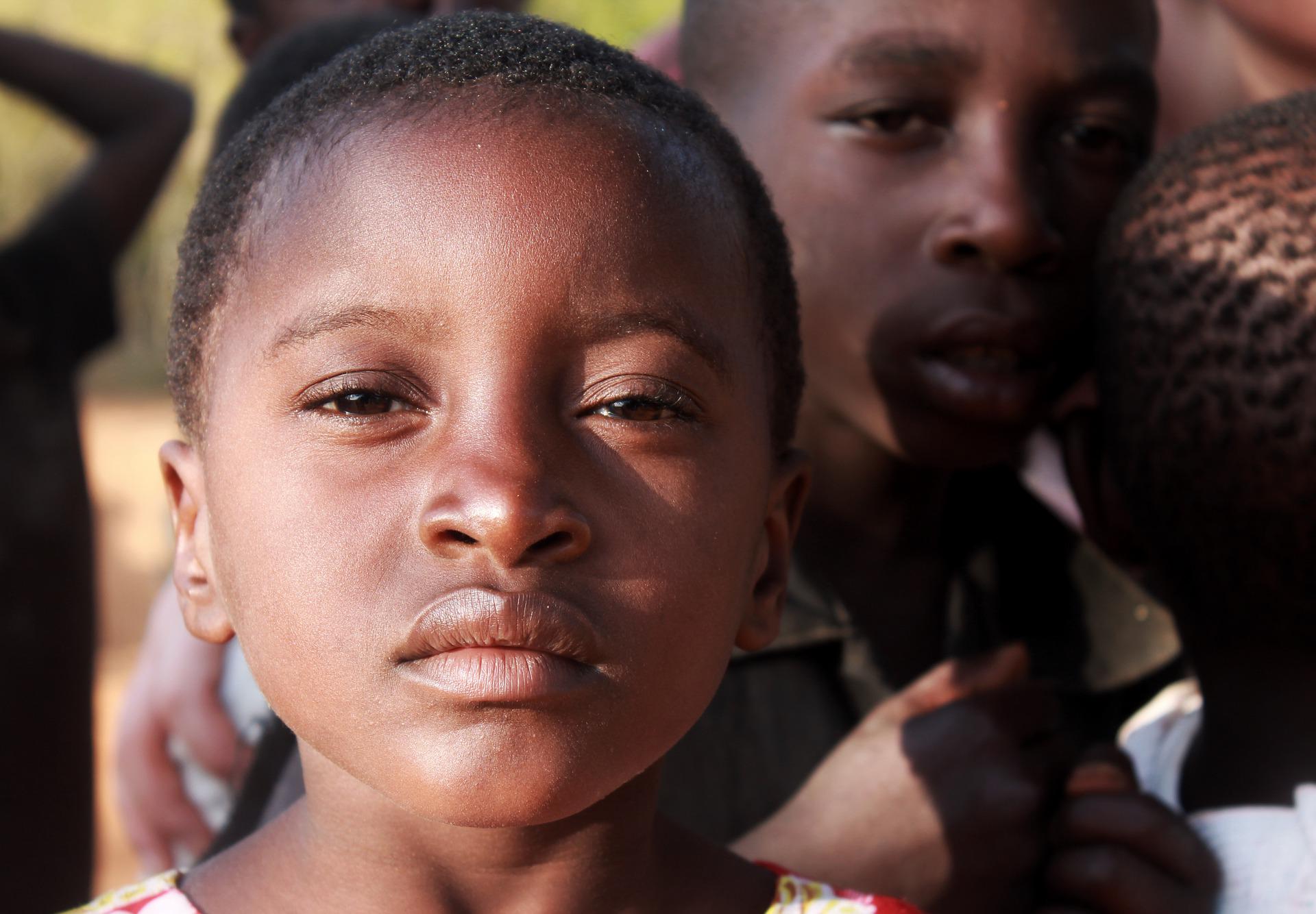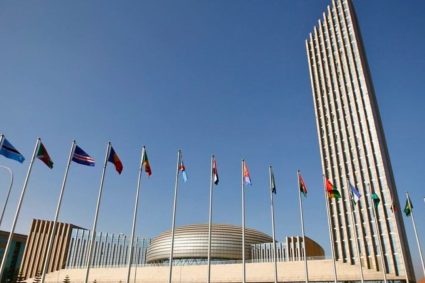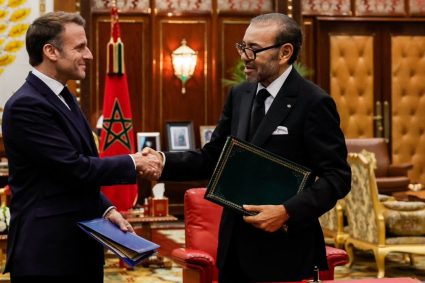
Reflecting on the 16th of June 1976 voice that could not be silenced!
In his 1867 inaugural address at the University of St. Andrews, the utilitarian philosopher John Stuart Mill said: “Let not anyone pacify his conscience by the delusion that he can do no harm if he takes no part, and forms no opinion. Bad men need nothing more to compass their ends, than that good men should look on and do nothing. He is not a good man who, without a protest, allows wrong to be committed in his name, and with the means which helps to supply, because he will not trouble himself to use his mind on the subject.”
On June 16 1976, an uprising began in Soweto, quickly spreading countrywide to become a global phenomenon that changed the socio-political landscape in South Africa. The Black Consciousness Movement (BCM) and the South African Students Organization (SASO) stirred political consciousness within the youth. As the students marched peacefully to demonstrate against the ills of Apartheid government that gave the directive and enforcement of teaching in Afrikaans (apartheid inspired education), they were met by heavily armed police who fired teargas and later live ammunition. The result was a widespread revolt that later turned into an uprising against the government. Deaths were recorded, mostly of children. The aftermath exposed the brutality of the Apartheid government giving rise to a worldwide outcry. Since 1991, the Organization of African Unity (OAU) initiated the celebration of the International Day of the African Child in honor of those who participated in the Soweto Uprising in 1976.
The theme for the year 2022 is “Eliminating Harmful Practices Affecting Children: Progress on Policy and Practice since 2013.” This theme was selected by the African Committee of Experts on the Rights and welfare of the Child (ACERWC) in a bid to reflect, take stock and re-evaluate the approaches, policies, programs and legislation that have been adopted by the Member States since the celebration of DAC 2013. As we celebrate this day, let us take time to reflect on tough questions. Since the initiation of the International Day of the African Child and the inspiration we draw from the events of 1976 Soweto uprising, how far have we gone to inspire action towards addressing the challenges that children in Africa face on a daily basis? Do we leave the cry for change to advocacy groups, human rights organizations and the world of politics? In our own countries, homes, organizations and various areas of influence, how far have we gone and are going, in effectively eliminating harmful practices affecting children? Remember, silence lets the voice of evil to prevail. Be a voice for change towards a better tomorrow! Be a voice that leaves a positive imprint for future generations!



